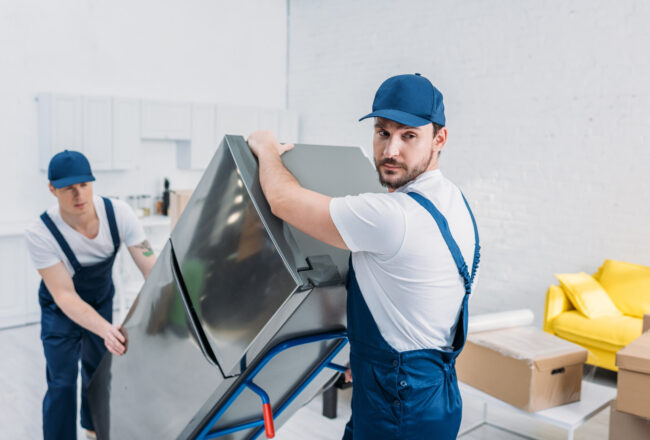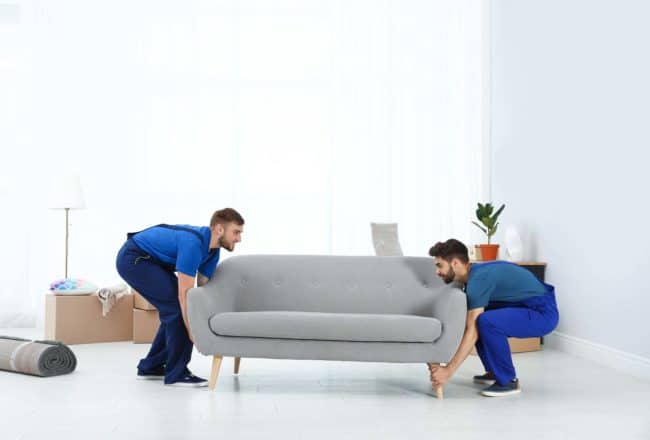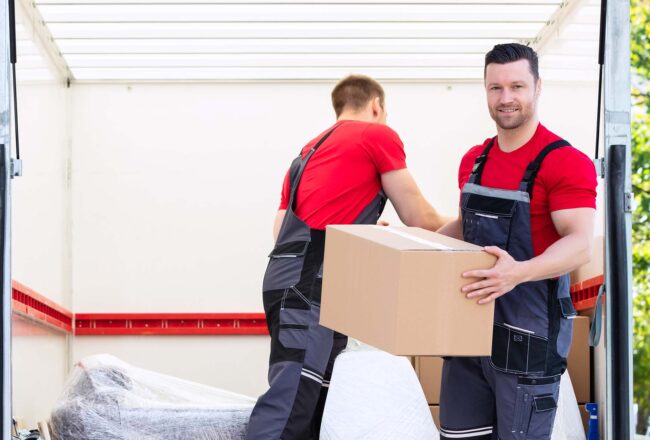Relocating is one of the most stressful events in people’s lives. And making an effort to simplify it should be your top priority. You can do it by simply knowing what to keep when moving. It’s an important step because we’re usually not aware of all the clutter in our homes until we have to pack it.
It is estimated that an average American family has around 300,000 items. Now, when it comes to relocating, imagine what it would be like to protect and pack each one of them. And think about the period after the move and all the unpacking you’ll have to do. Avoid any negative feelings like depression after relocating, use some tips on how to downsize for a move, and pack light. However, when you book professional state-to-state moving services, you can’t just get rid of everything, right?
Getting Rid of Old Stuff Is a Great Start to Relocating to a New Home
Starting a new chapter in your life will put you in a position where you feel both excited and scared. Don’t worry; it’s completely normal, but you’ll probably be more emotional than usual, and it can affect your decision on what to get rid of when moving across the country. However, for a stress-free move, you’ll need to figure out which belongings are worth keeping and which are not.
So, no matter the reasons for this move, you should know that decluttering is one of the first things to do (besides hiring a relocation company with all the services you might need). It will bring you many benefits – from easing the packing process to lowering the costs of the interstate move.
Save Money and Pack Quicker After Decluttering Your House
If you’re looking for the cheapest way to move, throwing away old items will make a significant difference on your expenses checklist. Consider that an average interstate move costs around $2,000. Of course, the final price will depend on many things, and one of them is the number of belongings you want to bring.
#1 Begin by Sorting the Belongings in Your Household Into Categories
One of the most useful tips for a long-distance move is making a sorting system for purging your home. Staying focused and on track with your progress will help you finish this process quickly. So, before you start tackling the decluttering project, ensure you set up a sorting system that will work for you. The most common one is the four boxes method. Divide your belongings into four boxes – Donate/Gift, Sell, Trash, Put in Storage. This way, deciding what to donate, what to keep, and what to sell when moving will be much easier.
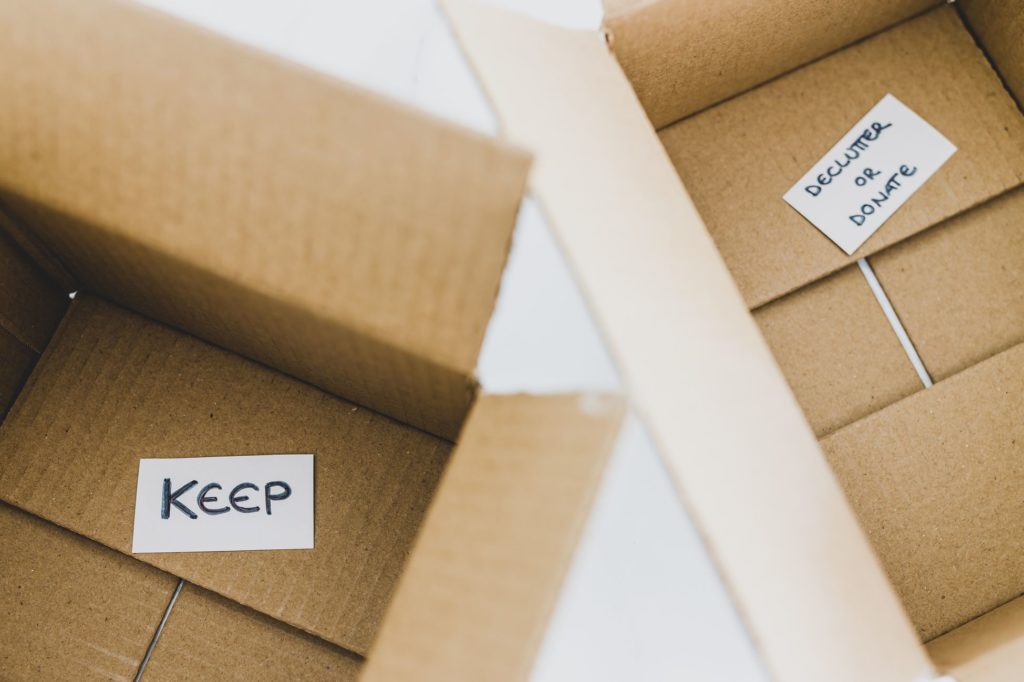
#2 Organize the Whole Process and Do It Room by Room
Relocating efficiently requires a lot of planning and time. Not only do you have to organize the packing process, but you also need to figure out whether help from professionals and their packing services is necessary. Keep in mind that reliable movers will offer you other services, like secure storage facilities and fast and convenient auto transport.
So, once you realize all the benefits of this relocation, move on to the process of deciding what to bring to the future place. Because it takes a lot of time, it’s best to do it room by room. That way, you’ll be in contact with each item, and you can apply the crucial questions we’ll talk about in the text below.
Purge Things From Each Room for Better Time Management
Although getting prepared for movers includes a bunch of tasks, one of them is definitely purging rooms and dividing belongings that are worth relocating. However, if there’s no proper organization, there will be more work and effort to put in. So start as soon as you decide to move and keep it simple. Purge each room separately, and you’ll be more efficient.

#3 Ask Yourself Some Crucial Questions When Deciding What to Keep When Moving
Many people find decluttering an overwhelming process. The main reason for that is that they don’t know how to decide what to get rid of and what to keep. If you’re relocating for the first time, it can be quite tricky. So, besides making a relocation checklist, ensure you ask all the right questions:
- Do you truly love the item in question?
- When did you use it last?
- Do you want that item in your new home?
- Is it a duplicate?
- Can you borrow it from someone if you need it occasionally?
- Would you buy it again?
- Will you miss it?

#4 Put Only the Things You Wear and Use on the Packing List
What to keep with you when moving is one of the most common questions people ask themselves when they decide to take a leap and start a new chapter. As daunting as it can be, packing the entire household is not a good idea for many reasons. For starters, an efficient and stress-free unpacking process should be on top of your list of stuff you have to do after the move.
Most people pack their closets last because no one wants to deal with piles of clothes that haven’t even been worn in a while. So, before you check how to pack clothes, decide wisely which pieces you truly need and use. Also, keep in mind that sorting clothes is a must if you’re relocating to a cold or warm climate. You’ll probably be needing winter gear if your future home is in a colder area, right?
What Can You Leave Behind When You Move House?
When relocating from a house to an apartment, downsizing is necessary. Also, you’ll probably use some creative storage ideas, too. However, no creative idea can replace good space management. And the fewer items you have, the better. So here’s some stuff you could leave behind:
- Books,
- Toys,
- Old furniture,
- Garage stuff,
- Broken appliances,
- Expired bathroom and kitchen stuff.

#5 Protect and Bring Irreplaceable Things With You
It will be harder to decide on some items, such as furniture or some old art pieces. Be prepared for that and don’t panic – being too harsh on yourself will not bring anything good. Some stuff you just have to bring, even though it doesn’t make any sense. That’s why some objects that have sentimental value or are family heirlooms have to be on your packing list. For example, you have had that piano for years, and you’re just not ready to get rid of it because it means too much. Do not overthink it – use some relocation hacks on how to move the piano effortlessly. Also, if you’re relocating with kids or pets, bring some of their favorite toys because they will make the adjusting process after the move easier.
#6 Prepare Bulky Objects That Can Actually Fit Your Future Place
Bulky objects are probably the most difficult to move. If you have recently bought pieces that will fit perfectly in the future apartment, contact professionals and ask whether they can assist you. On the other hand, bringing old furniture and appliances doesn’t make much sense – you’ll put in all this extra effort into protecting them for transport only to put them away once they arrive.
So before you start packing furniture for the move, consider what to keep and what to throw away among these objects. Save yourself the trouble when relocating to a new state and pack only the necessities.

#7 Organize Personal and Financial Documentation in a Binder for the Move
The biggest clutter in most homes consists of piles of unnecessary paper. All those bills, lists, and tickets are all over the place and there’s no better time to discard them than when relocating. However, the most important ones you surely have to bring with you. For example, you’ll need your birth certificate or tax records. Here’s a list of the most important paperwork you should bring along:
- Birth and medical certificates,
- Social security cards,
- Passports and driver’s licenses,
- Insurance documents,
- Financial paperwork,
- Tax returns,
- Mortgage, deeds, and contracts,
- School records.
The rest can be recycled and you won’t have to deal with it after the move. You’ll see, organizing important documents at home won’t be a tedious thing to do when there aren’t tons of piles to deal with.
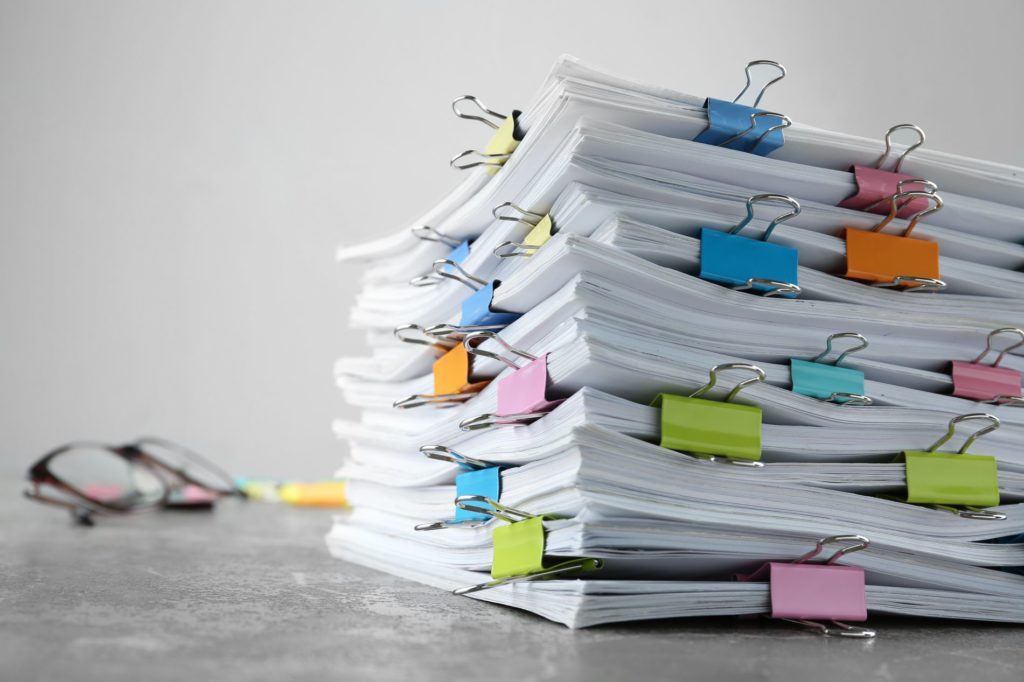
#8 Consider Going Minimalistic and Keep It Simple
After all that thinking about what to keep and what to toss, the idea of going minimalistic surely sounds appealing. Packing only the relocation essentials and unpacking that small amount of belongings could change your entire lifestyle, especially if you are looking for small apartment ideas. The less stuff you have, the more space there will be. So keeping everything minimalistic and simple could be just the thing you’ve been looking for.
#9 Know What to Do With the Stuff You’ll Leave Behind
Although deciding what will go with you to a future house, you should consider what to do with stuff that will remain behind. Great thing is that nowadays you can do everything online, in just a few clicks. This means you can sell or donate some of the things that are still in good condition. The rest of them you can throw away or recycle.
Donate, Sell, or Toss Items State to State Movers Won’t Be Moving
Once you contact the professionals to assist you with their services, you’ll probably wonder what should I purge before moving? It’s because the relocation crew won’t move everything from your household. There are some items they won’t move, such as:
- Hazardous materials,
- Pets and plants,
- Food.
Now, the main question is – what to do with all that stuff? For example, you surely have some food left in the fridge, or liquids such as oil and vinegar. Since this kind of food can’t be donated (only dry and canned food in containers that aren’t opened), the best solution is to use them before the move – if that’s not the case, just throw them away. The same goes for the bathroom and all the other rooms in your home. For no-contact donations, check the website Goodwill. If you have some plastic items or other objects that you might be able to recycle, watch the video below to find out what is recyclable and what is not.
Combat the Hoarder in You and Know What to Keep When Moving
Having too much stuff in your place could affect your mood, as well. Being happy in the future apartment should be the ultimate goal of this move. So keep everything simple and enjoy the clear space with minimal clutter. Once you know all the benefits of decluttering, do not neglect the power of throwing out unnecessary stuff.






